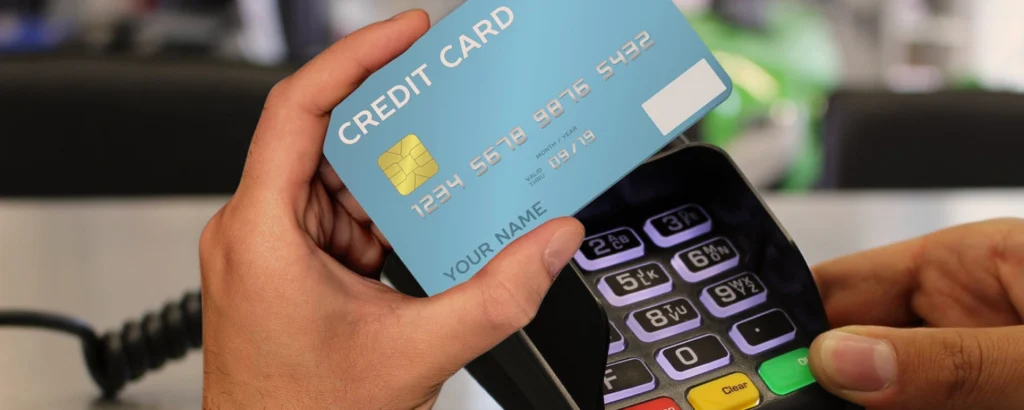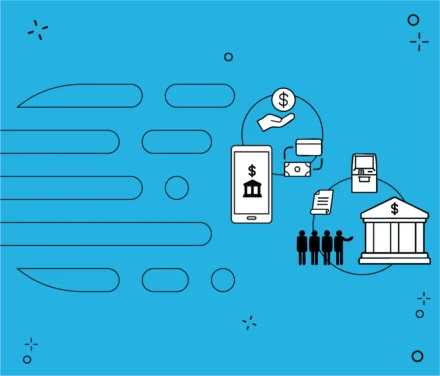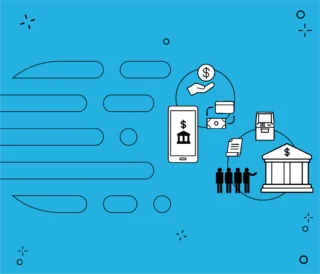B2B payment solutions are transforming the way companies manage their financial processes. Instead of relying on manual tasks, spreadsheets, and emails, more and more businesses are choosing digital tools that boost efficiency, ensure traceability, and strengthen security. This evolution, driven by financial innovation, not only speeds up payment processing but also enables companies to scale their operations without compromising control.
What does B2B payment automation involve?
Automating B2B payments means digitizing the entire payment cycle — from invoice receipt and validation to payment authorization and execution. Companies integrate their platforms with banks, ERPs, and accounting systems to make the process seamless and reliable.
Key features:
- Automated invoice receipt
- Data validation based on predefined rules
- Scheduled or smart payment execution
- Integration with ERPs, banks, and accounting systems

Benefits of B2B payment solutions
Accessibility for businesses of all sizes and industries
These solutions adapt to companies with different operational capacities and resources.
They allow automation without expanding internal structures or adding unnecessary costs.
Ideal for any industry looking to boost efficiency and scalability.
Reduction of errors and operational time
Eliminate manual tasks like data entry and account reconciliation.
Accelerate the payment cycle and free up your team’s time for higher-value tasks.
Real-time visibility and traceability
Every payment is recorded and auditable.
This makes reporting, internal control, and regulatory compliance much easier.
Read more → Cryptocurrency and stablecoin payments: the future of the digital economy
Security and financial control
Set payment limits, approval rules, and smart alerts.
This helps minimize fraud and strengthen financial governance.
Scalability and international payments
Many platforms support operations in multiple currencies and countries.
They reduce friction in international transactions and help your business grow globally.
Use cases for B2B payment solutions
These solutions adapt to a variety of scenarios. For example:
- B2B eCommerce platforms with multiple vendors.
- Fintech startups manage payments for licenses, commissions, or global services.
- Exporters that regularly process cross-border payments.
Suscribe to our newsletter!
How to implement B2B payment solutions?
Start with a simple assessment:
- Map your current processes and identify bottlenecks.
- Identify tools compatible with your ERP, bank, or accounting systems.
- Evaluate vendors with open and scalable APIs.
- Design a phased automation plan focused on control and traceability.
Why choose B2B payment solutions
Implementing B2B payment solutions allows you to operate more flexibly in global environments, adapt to local regulations, and maintain financial control.
Adopting B2B payment solutions is not just about digitizing processes. It’s about professionalizing financial management, increasing traceability, and scaling efficiently.
It’s also a commitment to operational maturity, compliance, and readiness to compete in global markets. Companies that lead their industries do more than innovate: they optimize their critical processes.
Our team designs secure, customized, and scalable integrations that grow with you. If you’re ready to take your B2B payments to the next level, we’re here to help.














Leave a Comment